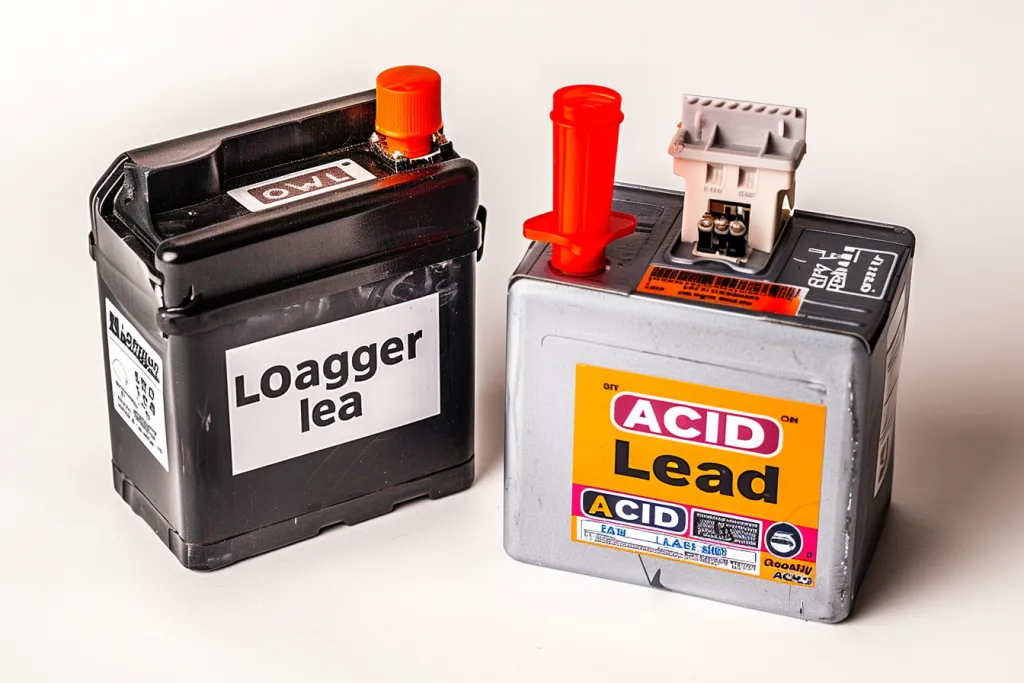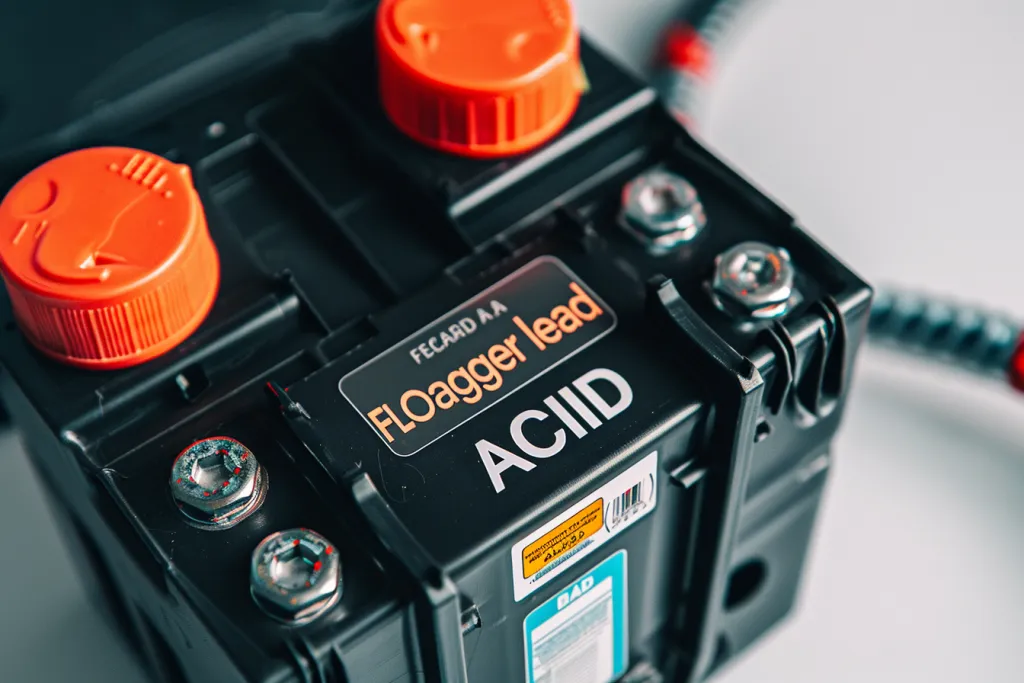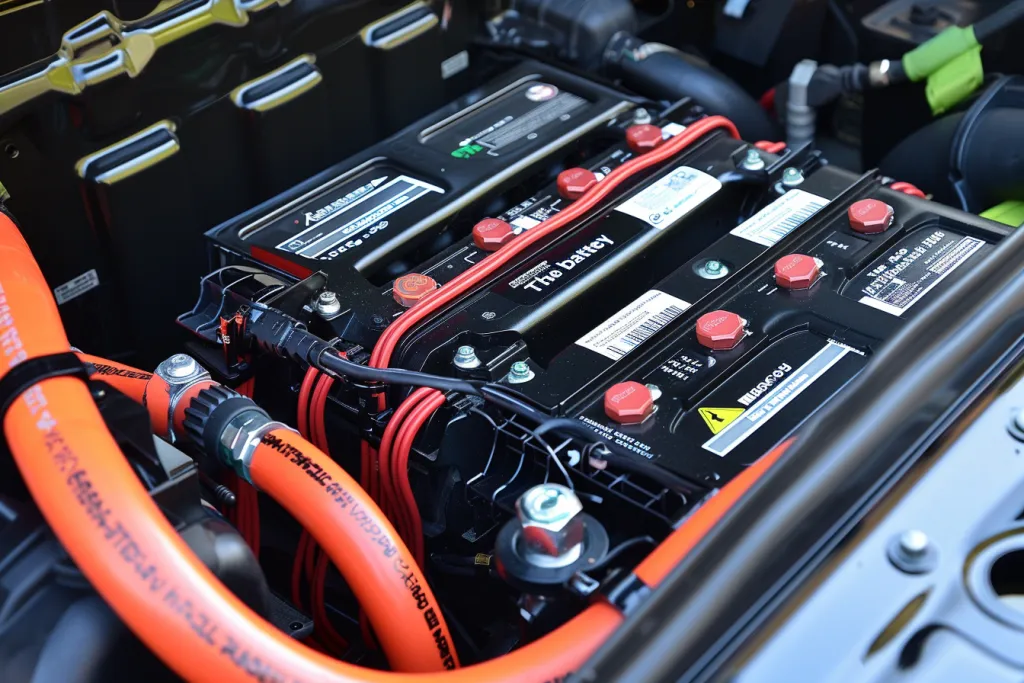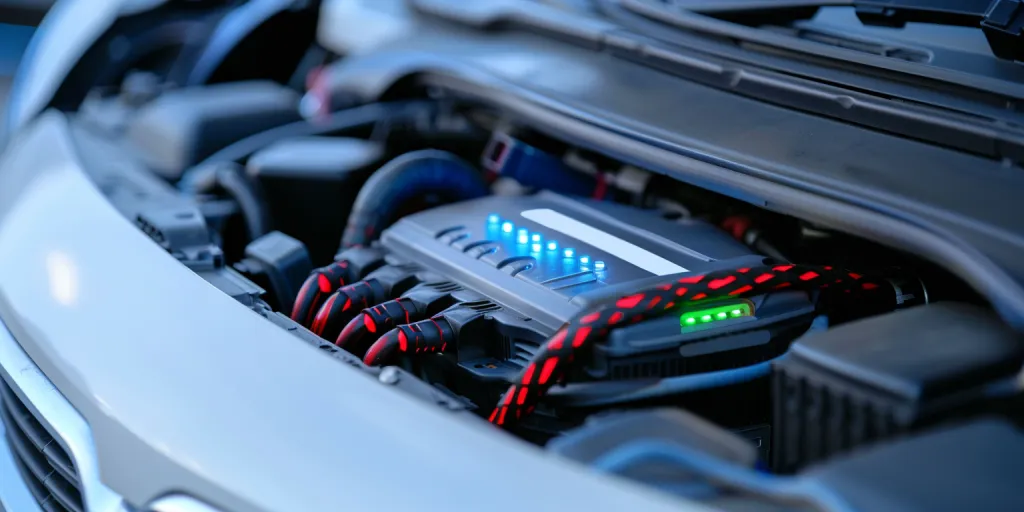A car without a battery is like a heart without a beat. This essential component is the unsung hero of your vehicle, powering everything from the ignition system to the headlights. Understanding the intricacies of car batteries is crucial for any driver looking to ensure their vehicle remains reliable and ready to go. This guide will illuminate everything you need to know about car batteries, from selection and lifespan to replacement and cost.
Table of Contents:
– What is a car battery?
– What does a car battery do?
– How to choose a car battery
– How long do car batteries last?
– How to replace a car battery
– How much are car batteries?
What is a car battery?

A car battery is a rechargeable energy storage device specifically designed to start a vehicle’s engine. It is a vital part of the vehicle’s electrical system, providing the necessary power to start the engine and to run electrical accessories when the engine is off. Car batteries are typically lead-acid batteries, consisting of six cells connected in series to produce a nominal voltage of 12 volts. Each cell generates about 2 volts, and together, they store and supply the electrical energy needed to get your car moving.
What does a car battery do?

The primary role of a car battery is to supply a large current to the starter motor, which turns the engine over to initiate combustion. Once the engine is running, the battery’s job extends to powering the vehicle’s electrical components, such as the lights, radio, and air conditioning, especially when the engine isn’t running fast enough to generate all the needed electricity. Moreover, the battery stabilizes the voltage to keep your engine running smoothly. Without a healthy battery, your car might not start, and even if it does, you could experience poor performance and reliability.
How to choose a car battery

Selecting the right car battery involves considering several factors, including size, power requirement (CCA – Cold Cranking Amps, and AH – Ampere Hours), and type (traditional flooded, AGM, or gel). The right size ensures the battery fits securely in your vehicle’s battery tray, preventing damage from vibrations. The CCA rating is critical in colder climates, as it indicates the battery’s ability to start an engine in cold temperatures. AH, on the other hand, measures the battery’s capacity or how long it can supply power. Choosing between battery types depends on your vehicle’s requirements and your personal preference for maintenance levels and durability.
How long do car batteries last?

The lifespan of a car battery can vary widely, typically ranging from three to five years, but it can be shorter or longer based on several factors. These include the climate (extreme temperatures can shorten battery life), how the vehicle is used (frequent short trips can prevent the battery from fully charging), and maintenance (keeping the battery clean and properly charged can extend its life). Regular checks and understanding your vehicle’s specific needs can help maximize your battery’s lifespan.
How to replace a car battery

Replacing a car battery is a straightforward process that most people can manage with basic tools. First, locate the battery and disconnect the negative cable, followed by the positive cable. Remove any clamps or brackets holding the battery in place, then carefully lift the battery out of the vehicle. Before installing the new battery, clean the terminal clamps and the battery tray. Place the new battery in the tray, secure it with the clamps or brackets, and reconnect the cables, positive first, then negative. It’s essential to dispose of the old battery properly, as lead-acid batteries are hazardous and can be recycled.
How much are car batteries?

The cost of a car battery can vary depending on the type, size, and specifications required by your vehicle. On average, you can expect to pay anywhere from $50 to $200 for a new car battery. Premium batteries, especially those designed for high-performance vehicles or with advanced features like AGM technology, can cost more. While the initial investment may seem high, choosing the right battery ensures reliability and longevity, ultimately saving money and inconvenience in the long run.
Conclusion:
A car battery is the lifeline of your vehicle, crucial for starting the engine and powering essential electrical components. Understanding how to choose the right battery, recognizing when it’s time for a replacement, and knowing the costs involved are vital for every car owner. By following this guide, you’ll ensure that your vehicle remains dependable, no matter where your journey takes you.




